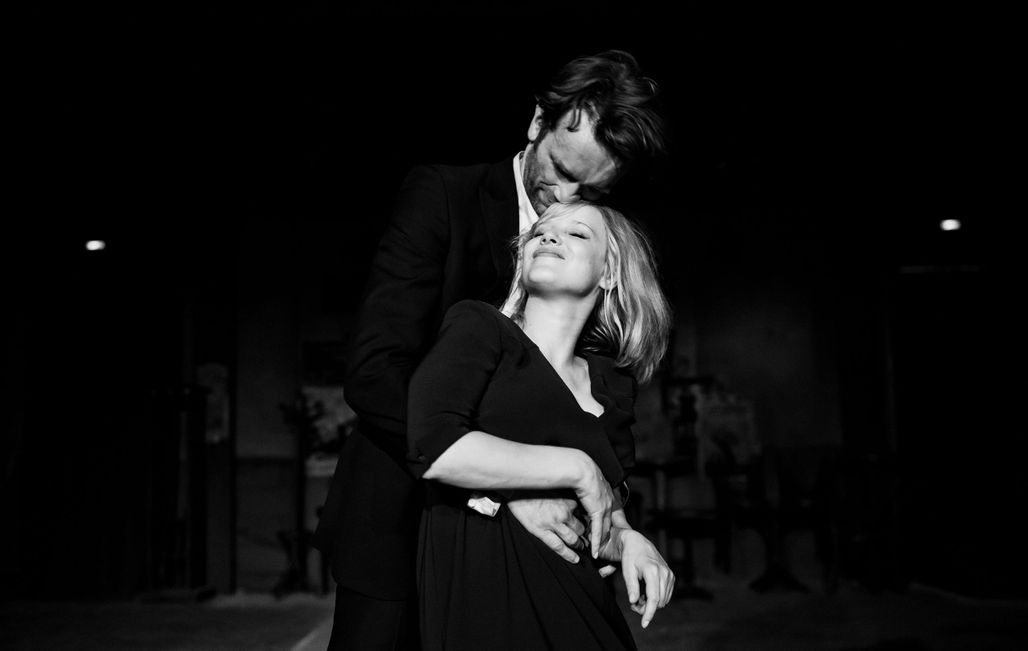
Pawel Pawlikowski and the conflicts and contrasts of impossible love

Five years after Ida, an Academy Award-winning gem of a film that reflects on a young nun's experience of faith in post-war Poland, Pawel Pawlikowski returns with another look at this painful chapter in his country's past. Zimna Wojna (Cold War) tells the tale of impossible love set against a raging political backdrop.
In 2013, Pawel Pawlikowski gave us a timeless masterpiece that remained forever embedded in the memories of those who saw it. In Ida, the Polish director captured the reunion between a nun on the brink of taking her oaths and her aunt, as the pair embark on a journey deep into the heart of a family secret amidst the vestiges of a devastated Poland.
Contemplative and abstract, this feature-length film was a refreshing change from the whirlwind blur of images so often employed in film, with sumptuous black and white and pared-back stills used to delicately frame the faces of the two protagonists. By drawing up a portrait of two women tormented by their inner battles, Ida was a reflection on a country still crippled by the horrors of World War 2.
In Zimna Wojna (Cold War), Pawel Pawlikowski reiterates some of the visual hallmarks that made Ida such a magical experience. Shot in black and white, in 4:3 aspect ratio and between Paris, Lodz and Wroclaw, the action unfurls from 1949 to 1964, a passionate yet doomed romance in part inspired by the director's own parents.
Set in Stalinist Poland and bohemian 1950s Paris on the brink of the Cold War, Zimna Wojna (Cold War) tells the tale of the impossible romance between Wiktor and Zula, a musician and singer from two very different worlds. Pawel Pawlikowski envisaged the score as a central component of the two lovers' first encounter, and the music immerses this meandering story in a heady atmosphere set to the beat of jazz and rock’n’roll.
Zimna Wojna (Cold War)'s cast is headed up by Joanna Kulig, who worked with Pawel Pawlikowski on La femme du Ve (The Woman in the Fifth) (2011) and Ida, as well as Agata Kulesza, who gave a dazzling performance as a disgraced communist judge in this latest feature-length film.


